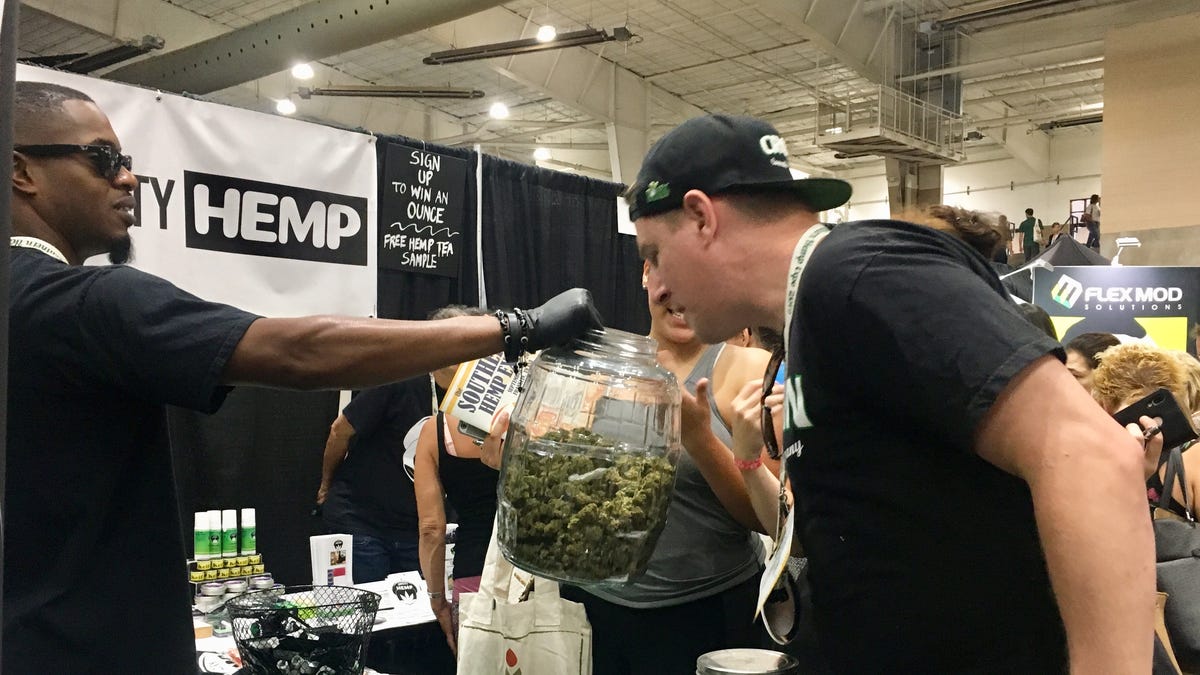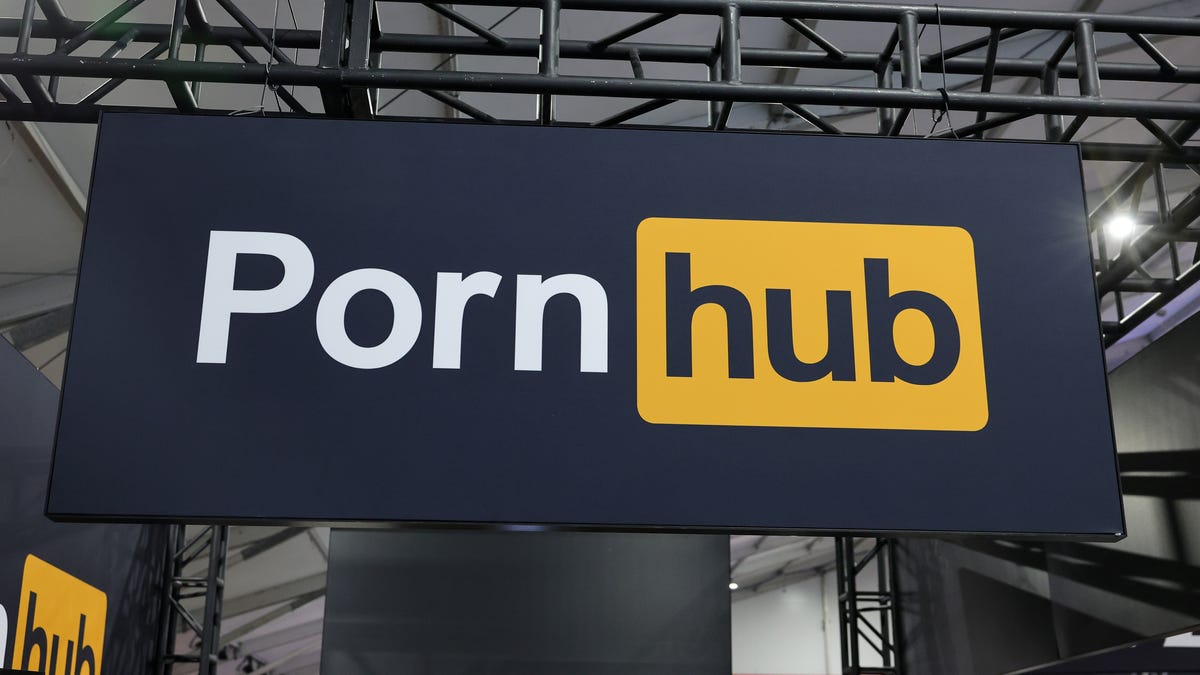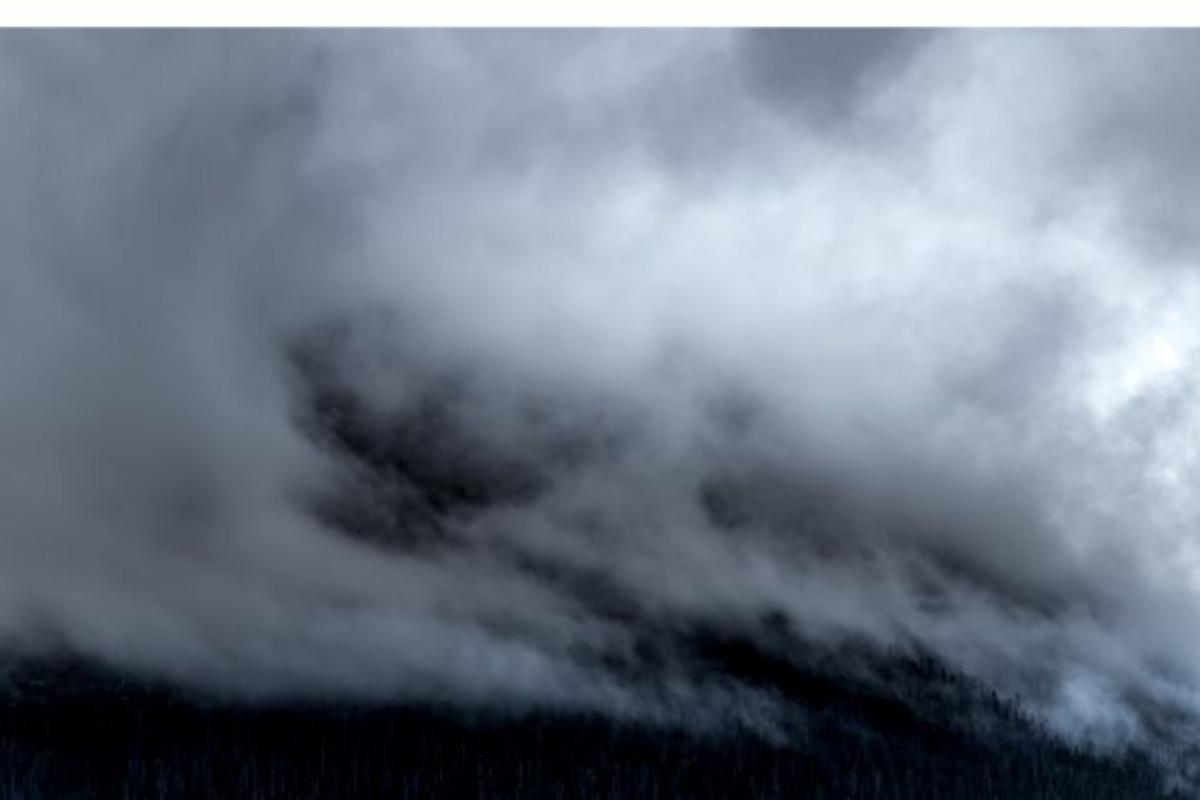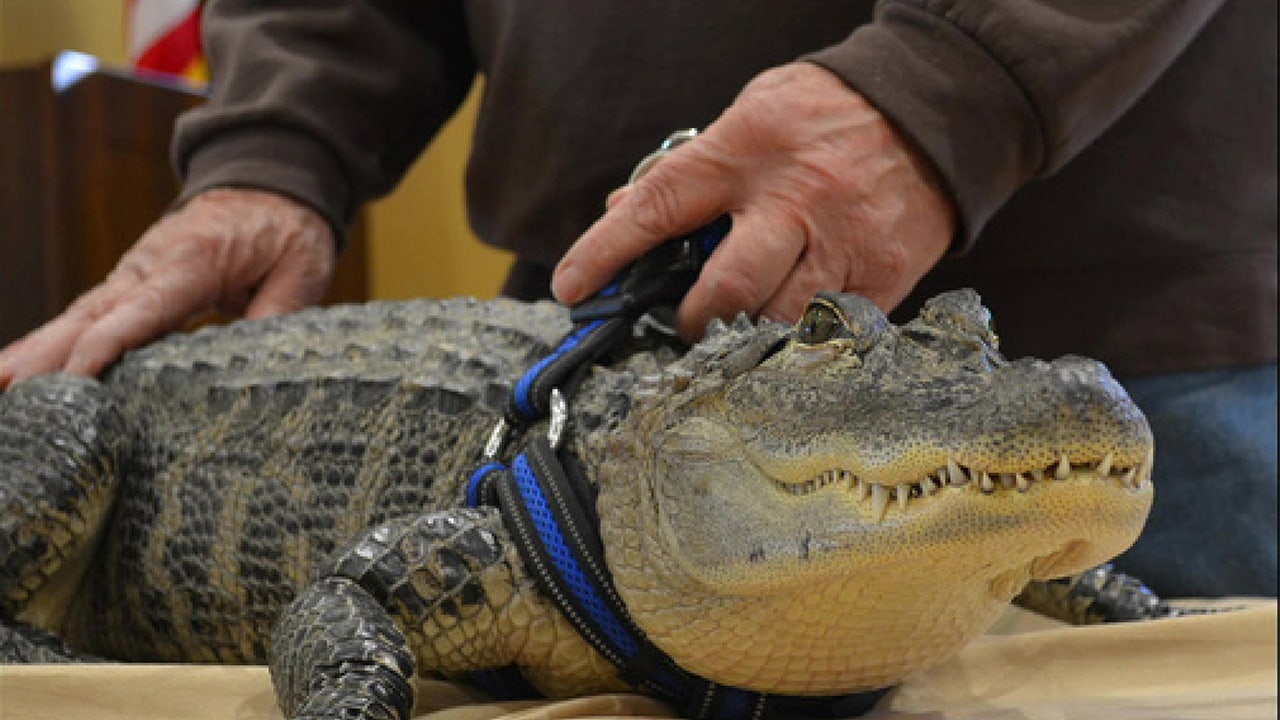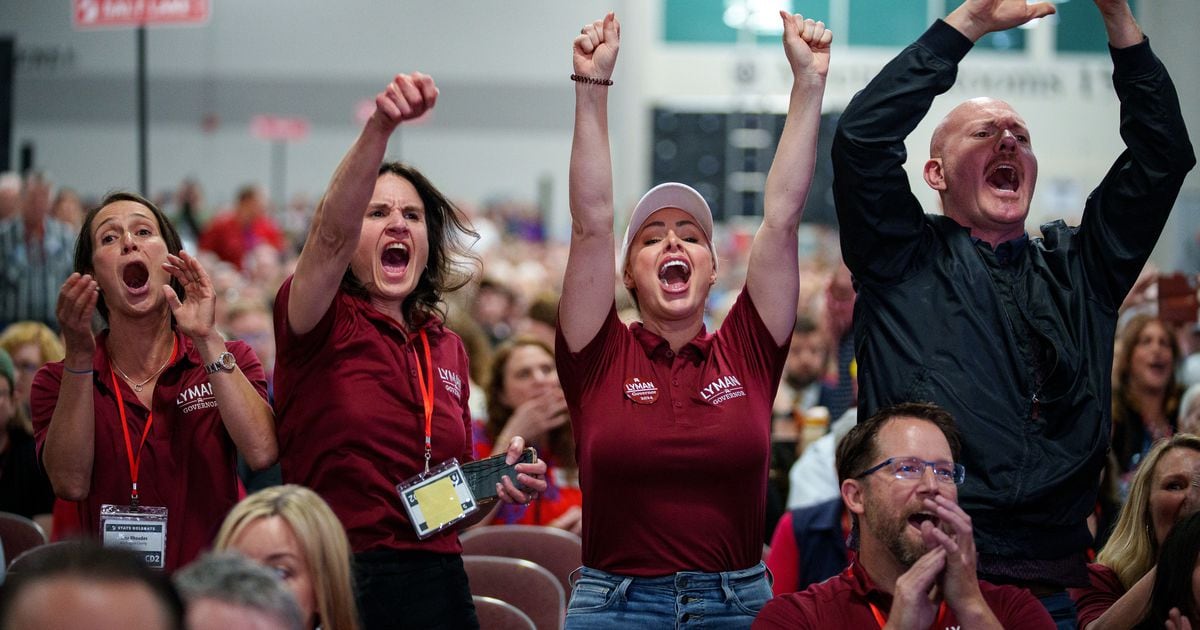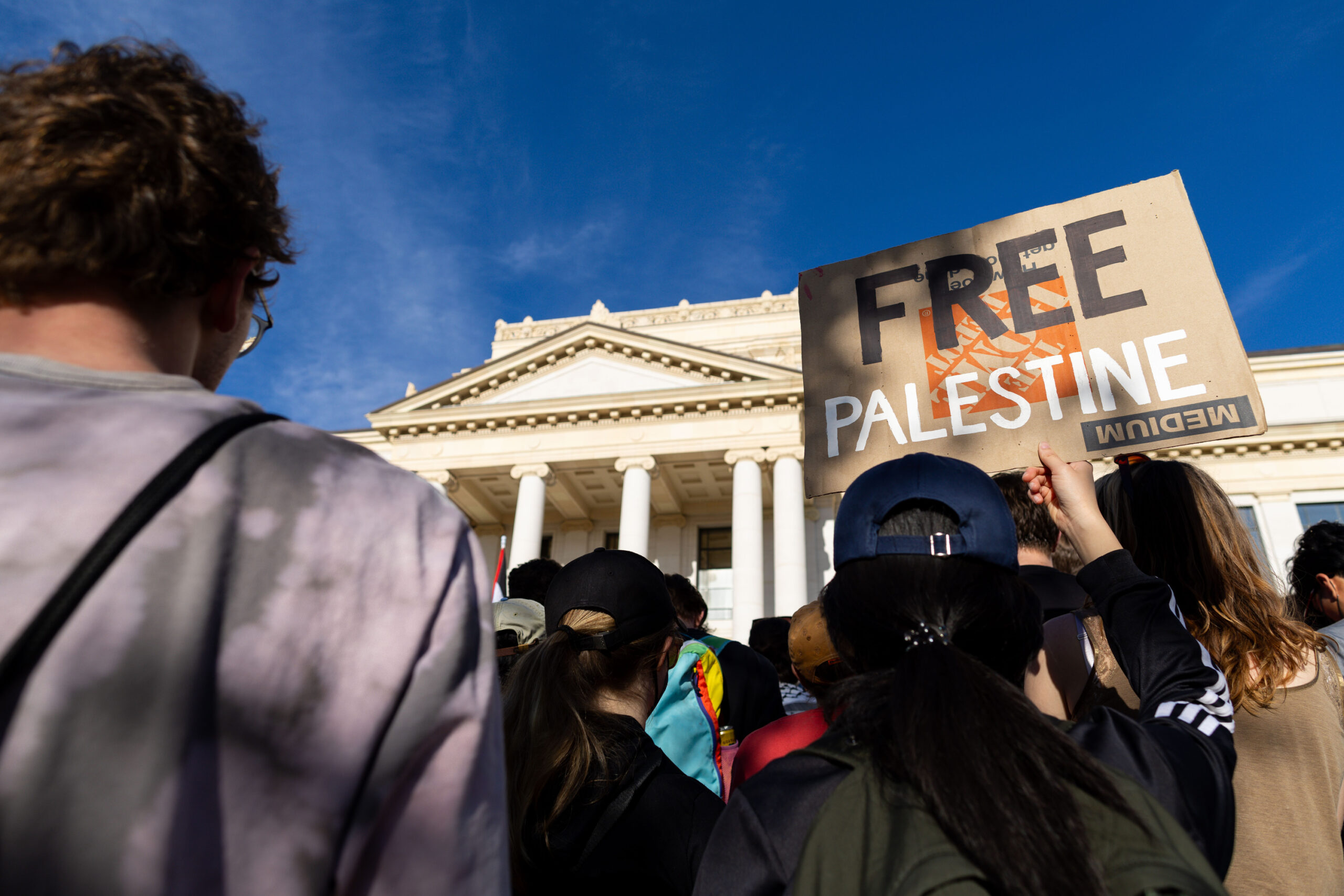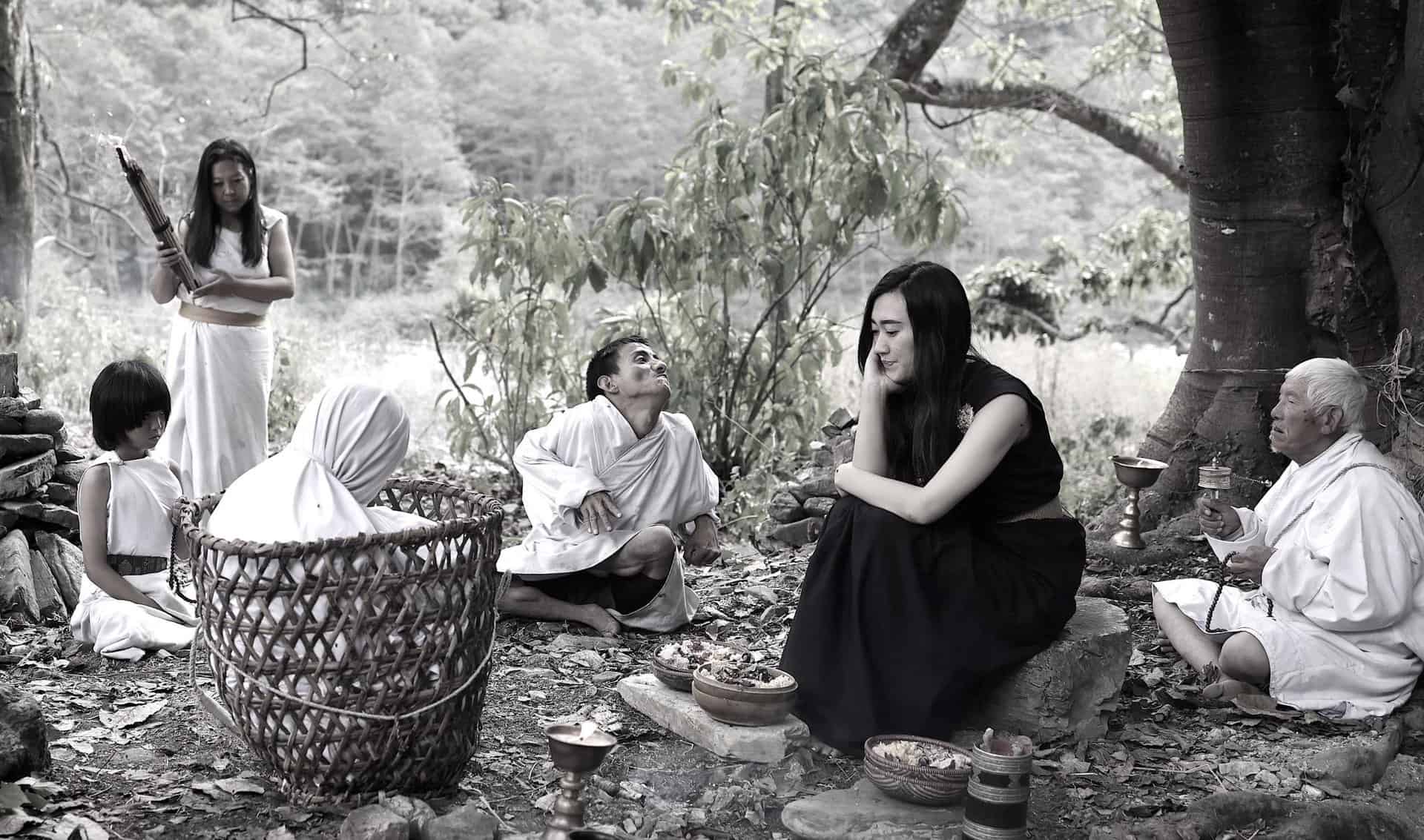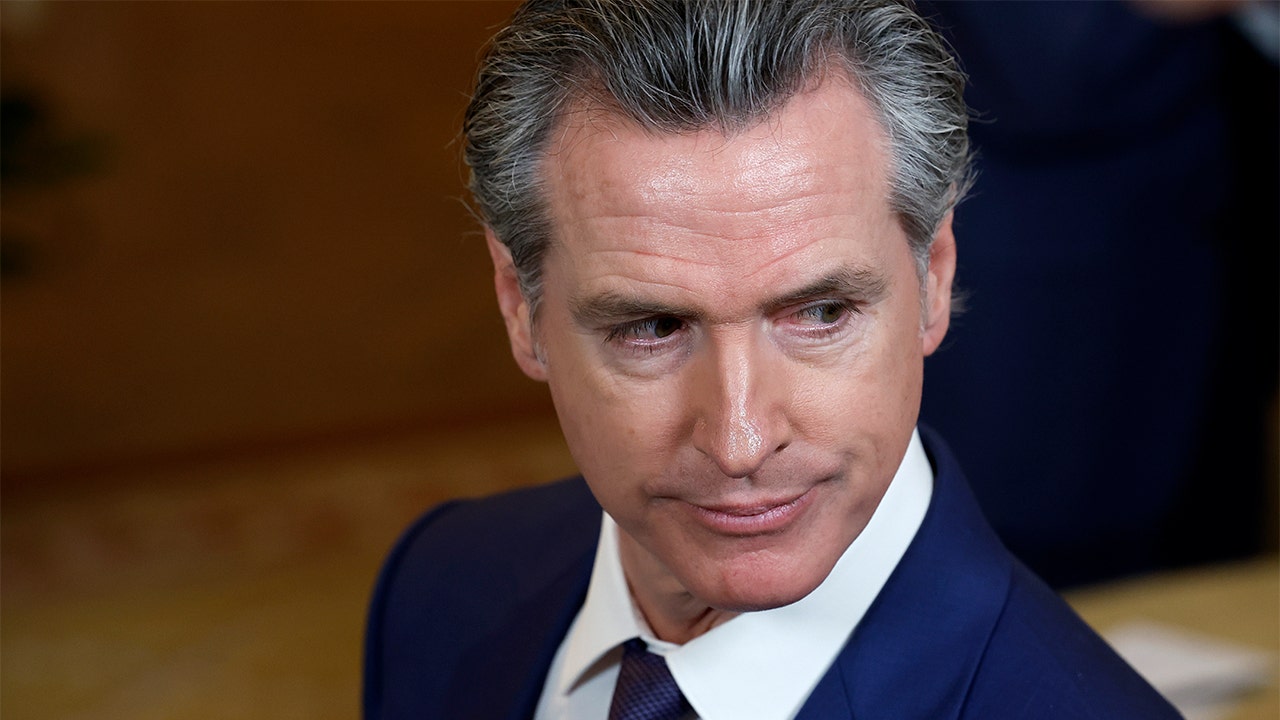It was dreary Saturday morning at 7 a.m. as thousands of Republican delegates filed into the Salt Palace, the spring sunrise delayed in Salt Lake City by rainclouds. It would be 17 hours before delegates finished nominating candidates for June’s primary elections and flooded back into a city that had already seen the sunset.
The Utah Republican Party’s 2024 State Nominating Convention concluded just before midnight on Saturday, with nearly 4,000 delegates sending a clear message to party leaders: They’re not ready for the Donald Trump era of GOP politics to be over — and not even incumbent candidates would be safe this year.
Trump-supported candidates for governor and U.S. Senate, the two most high-profile races in this year’s elections, seized delegates’ support on Saturday. The champions of those hard-line Republicans now wade into a primary election where they’ll face other GOP candidates who gathered enough voters’ signatures to remain in the summer primary. To delegates, those signature gatherers have spited a convention system they hold sacred, and, in many cases, they steadfastly elected “convention-only” candidates.
Two-thirds of delegates picked Phil Lyman — a state legislator Trump pardoned in 2020, after he was convicted of a misdemeanor for leading an illegal protest on federal land — in the 2024 gubernatorial race.
Taking the convention stage to address the crowd before the vote, Gov. Spencer Cox, who is up for reelection after his first four-year term, was met with some cheers, but a vocal majority hissed at the governor.
“Maybe you’re booing me because you hate that I signed the largest tax cut in Utah history. Maybe you hate that I signed constitutional carry into law. Maybe you hate that we ended CRT, DEI and ESG,” Cox, recalling his Republican bone fides, told the raucous crowd. “Or maybe you hate that I don’t hate enough.”
Regardless of delegates’ wishes, both Cox and Lyman will be on the June 25 primary ballot — because Cox gathered enough signatures from voters.
(Trent Nelson | The Salt Lake Tribune) Gov. Spencer Cox gets a mixed reaction at the Utah Republican Nominating Convention in Salt Lake City on Saturday, April 27, 2024.
‘100% MAGA’
Earlier in the day, as delegates waited in a long line for their credentials and voting instructions, they learned that Trump had endorsed Riverton Mayor Trent Staggs in the race to replace Mitt Romney in the U.S. Senate.
“Trent Staggs is 100% MAGA, and is running to fill The Mitt Romney, a Total Loser, Seat as the next Senator from the Great State of Utah!,” Trump posted on social media just hours before delegates would cast a ballot in the crowded Senate competition.
Staggs’ team moved quickly to print out the post to share paper copies with potential supporters who might not have seen the endorsement on their phones nor felt the lightning of the announcement charge through the convention.
“Donald Trump called me at six this morning to tell me I had his full endorsement in this race,” a red-faced Staggs roared to delegates from the stage.
Four rounds of voting later, delegates handed Staggs the win. He’ll join signature gatherers Congressman John Curtis, former Utah House Speaker Brad Wilson and businessman Jason Walton on the ballot this summer.
(Trent Nelson | The Salt Lake Tribune) U.S. Senate candidate Trent Staggs at the Utah Republican Nominating Convention in Salt Lake City on Saturday, April 27, 2024.
Saturday’s nominating convention happened against the backdrop of the former president’s own reelection campaign. Also, since losing his first reelection bid in 2020, Trump has faced several criminal indictments and civil lawsuits. Six months ahead of November’s presidential election, the former president is off the campaign trail and sitting for the third week of a criminal trial in New York City, where he’s alleged to have falsified business records to cover up a hush-money payment to a porn star to prevent news of the affair from marring his 2016 presidential campaign.
Congressional incumbents take losses
While members of the U.S. House of Representatives are up for reelection every two years, only three of Utah’s four congressional seats were contested on Saturday. No Republican challenged Rep. Burgess Owens, a loyal Trump surrogate, in Utah’s 4th Congressional District. Because Rep. John Curtis is leaving his 3rd District seat in hopes of replacing Romney, several Republicans are running for his open seat.
Of the two other incumbent members of Congress, neither Rep. Blake Moore of Utah’s 1st Congressional District nor Rep. Celeste Maloy, the recent winner of November’s 2nd District special election, were nominated on Saturday. Both, however, will run in those primary races.
Less than two days ahead of the convention, Sen. Mike Lee — a favorite among delegates and an avid Trump supporter — endorsed Colby Jenkins, a former U.S. Army officer, over Maloy in the 2nd District race.
“Too many Republicans in Congress have voted to expand the size, scope, and cost of the federal government,” Lee said in a statement Thursday, ”in many cases deferring to congressional GOP leaders bent on advancing the Democrats’ agenda.”
(Trent Nelson | The Salt Lake Tribune) Utah Sen. Mike Lee endorses Colby Jenkins at the Utah Republican Nominating Convention in Salt Lake City on Saturday, April 27, 2024.
Taking the stage Saturday, Maloy brought her own surrogate to the microphone: Delegate favorite and congressional colleague Owens.
In a head-to-head vote, Jenkins received nearly 59% of the delegates’ support, leaving Maloy with 43%. But the win wasn’t enough to clear the 60% threshold to win the nomination outright, meaning Maloy, who didn’t gather signatures, will have a chance to defend her seat again in June.
Moore survived his own convention loss by collecting signatures. Instead of Moore, the Utah representative with the most power in the U.S. House, delegates nominated Paul Miller, 55% to 45%.
More than two of the 17 hours delegates spent at the Salt Palace were taken up by six long votes to nominate a candidate to replace Curtis in Utah’s 3rd District. State Sen. Mike Kennedy, another “convention only” candidate, eventually received 61% of the vote. He joins signature-gathering candidates Stewart Peay, JR Bird, Case Lawrence and John Dougall on the ballot.
After voting finished around midnight, the delegates retraced their steps out of the Salt Palace and back into the darkness, leaving behind red, white and blue campaign signs and the disposable plates that once held free pizza slices given by the Cox campaign to feed the delegates on the convention floor.
Salt Lake Tribune reporters Bryan Schott and Emily Anderson Stern contributed to this story.



